10 Best UK Film Council Projects
A Decade Of Homegrown Hits From The Cancelled Council
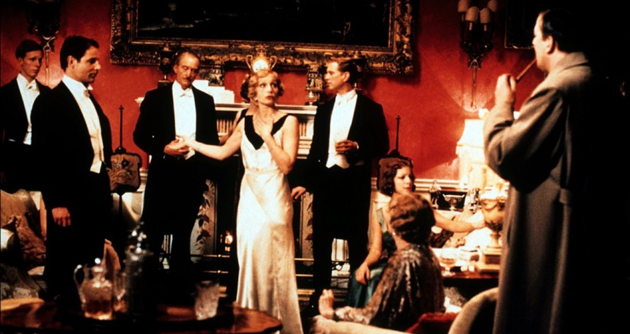
Gosford Park (2001)
As we sadly announced on Monday that the Government is killing off the UK Film Council .
Founded in 2000, the UK Film Council was tasked by the then Labour administration "to stimulate a competitive, successful and vibrant UK film industry and culture."
One of its key roles was to fund both commercial and niche projects with Lottery money and a major early coup was a £2 stake in Gosford Park , showing that the Film Council had an eye for a great film.
While the investment was sound (hell, Robert Altman hiring just about the entire British acting community), it was the Oscar for Julian Fellowes' screenplay that provided the bigger symbol.
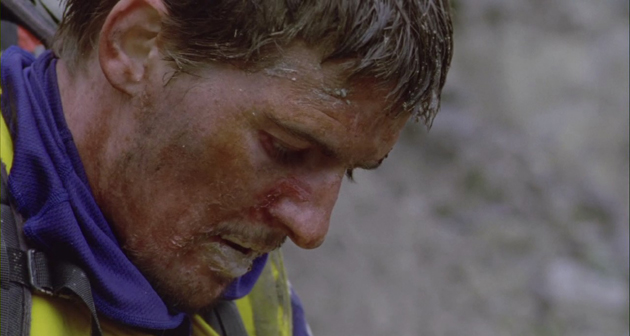
Touching The Void (2003)
The New Cinema Fund was set up to support smaller or more unusual films that might not otherwise get made.
A case in point is Kevin MacDonald's unorthodox documentary, a blend of talking heads and visceral Alpine reconstruction that's more nerve-shredding than most thrillers.
The experiment duly defied expectation by winning Best British Film at the BAFTAS, and paved the way for the Film Council to invest in further documentaries like James Marsh's Oscar-winning Man on Wire .
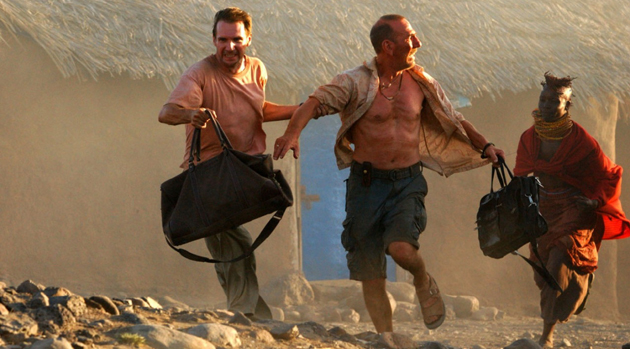
The Constant Gardener (2005)
What makes a British film? One of the UK Film Council's thorniest questions was to decide what constituted a homegrown hit, given the influx of Hollywood money into British institutions like Harry Potter .
Occasionally, there was little to debate. So The Constant Gardener had an African setting and a Brazilian director (Fernando Meirelles), but John Le Carré's source novel and leads Ralph Fiennes and Rachel Weisz were none more English.
The Film Council's £2 million investment sealed a deal that won Weisz a welcome Oscar.
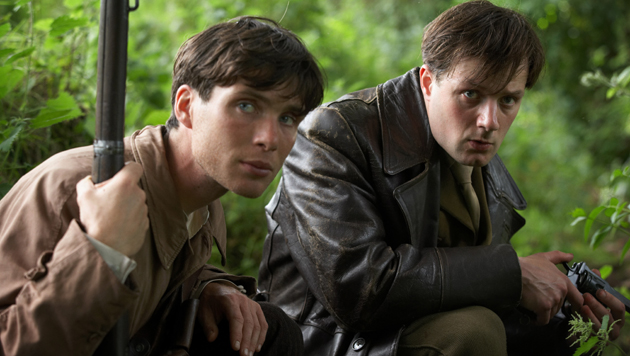
The Wind That Shakes the Barley (2006)
While Ken Loach has long been regarded as one of British cinema's greatest directors, investors haven't exactly been queuing up to help him make his personal, political - and rarely commercial - movies.
But the UK Film Council took a more pragmatic approach. He contributes enormously to British film (and culture) as a whole. He should be supported. It's that simple.
So its half-million-pound investment in Loach's Irish Civil War drama - by his standards, a big canvas - is worth noting. The film became Britain's only Palme D'Or winner of the past decade, making it probably the Council's biggest success, critically if not commercially.
Loach, Winterbottom, Meadows. They don't make blockbusters, but the Council helped them make films.
Which isn't to say the Council didn't like to earn money...
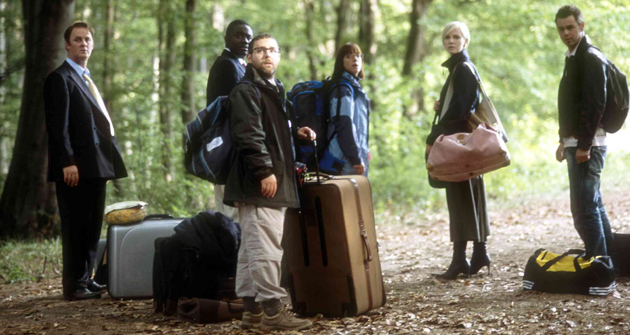
Severance (2006)
Let nobody say that the UK Film Council is incapable of sniffing out a commercial hit.
Sure, the tabloids have wreaked bloody mayhem on the Council's misguided fondness for duff comedies, and nobody will be watching Sex Lives of the Potato Men in tribute this week.
But with a £750,000 award for Christopher Smith and James Moran's satirical horror, the Council earned its genre-movie wings by helping a mainstream project with the smarts (in both senses of the word) to gain favour with multiplex audiences.
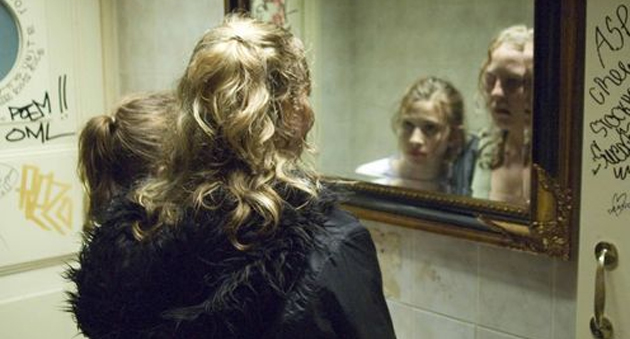
London to Brighton (2006)
Some films get started, only to need a little push to get them to the finish line. So it proved with Paul Andrew Williams' debut thriller, for which the UK Film Council provided completion funding.
Little-seen but a model of lean, mean low-budget filmmaking, it garnered plenty of awards...and the Council has supported all of Williams' subsequent projects, proof of its role in shaping the major talent of the future.
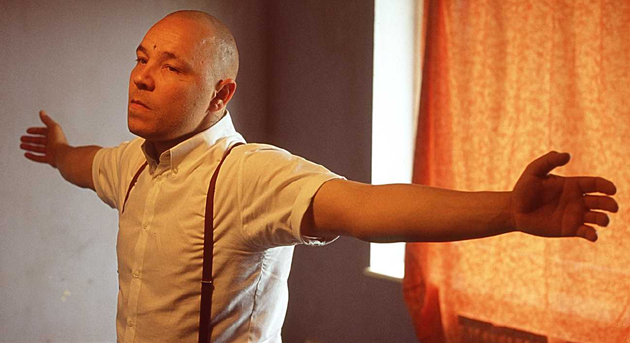
This Is England (2007)
Shane Meadows is another major British filmmaker whose work has reached the screen with UK Film Council funding.
No matter that its investment in Once Upon a Time in The Midlands didn't set the world alight. The Council kept faith and its next collaboration with Meadows resulted in a contender for the great British film of the past decade.
Meadows' tough/tender 1980s rites-of-passage saga has proven so enduring it has birthed its own spin-off, in the form of Meadows' forthcoming TV debut, This is England 1986 .
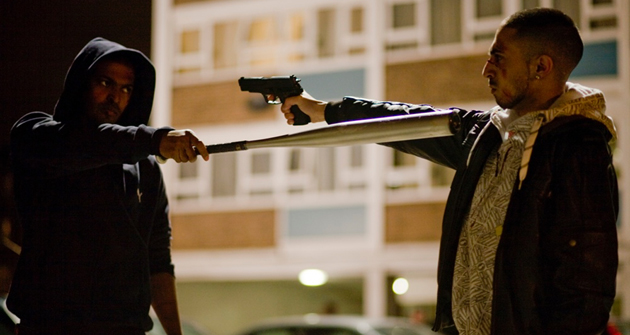
Adulthood (2008)
That pot of Lottery money is big enough to allow small amounts hither and thither. Kidulthood was one project that benefitted from funding in its early stages of development.
Its success led to a sequel, and this time its filmmakers got full funding from the Council. Result? A sizeable hit that kickstarted Noel Clarke's directorial career and won him a BAFTA into the bargain.
Crucially, it also showed that, occasionally, the Council could be down with the kids.
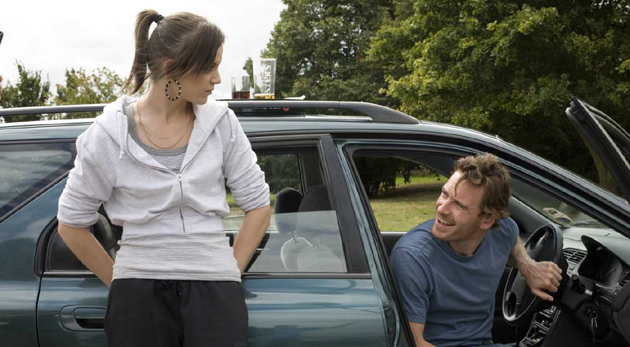
Fish Tank (2009)
The UK Film Council didn't only support features; its funding of short films has helped shape a generation of filmmakers.
Nowhere is this better exemplified than the Council's support of Andrea Arnold, from her Oscar-winning short Wasp , through to her feature debut, surveillance thriller Red Road , which won the Jury Prize at Cannes in 2006.
When the equally excellent follow-up Fish Tank repeated the accolade in 2008, it confirmed the Council's instincts and rewarded its loyalty.
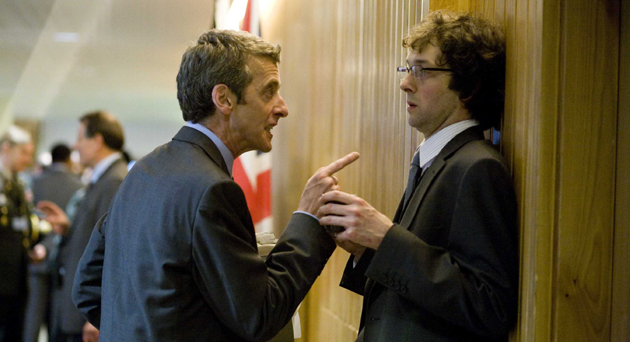
In The Loop (2009)
Earlier this year, Armando Ianucci and his team of comedy geniuses went to Hollywood to celebrate an unexpected but deserved nomination for Best Adapted Screenplay.
Filthily funny and pointedly pertinent, the Iraq War satire proved that British cinema can travel - fulfilling the Council's remit to promote our film culture to the wider world.
In light of this week's announcement, though, it's now proved to be something of a last hurrah.
True, BBC Films (who co-funded In The Loop ) and Film Four (who scored the decade's biggest Brit hit with Slumdog Millionaire ) will continue to thrive, but the UK Film Council's loss will be keenly felt. Especially as it's unclear as yet what, if anything, will replace it.
Let's hope it that it doesn't stop today's heavyweights - and the undiscovered talents of the future - will be given the chance to make their mark on British film.
Weekly digests, tales from the communities you love, and more
You are now subscribed
Your newsletter sign-up was successful
Want to add more newsletters?

Every Friday
GamesRadar+
Your weekly update on everything you could ever want to know about the games you already love, games we know you're going to love in the near future, and tales from the communities that surround them.

Every Thursday
GTA 6 O'clock
Our special GTA 6 newsletter, with breaking news, insider info, and rumor analysis from the award-winning GTA 6 O'clock experts.

Every Friday
Knowledge
From the creators of Edge: A weekly videogame industry newsletter with analysis from expert writers, guidance from professionals, and insight into what's on the horizon.

Every Thursday
The Setup
Hardware nerds unite, sign up to our free tech newsletter for a weekly digest of the hottest new tech, the latest gadgets on the test bench, and much more.

Every Wednesday
Switch 2 Spotlight
Sign up to our new Switch 2 newsletter, where we bring you the latest talking points on Nintendo's new console each week, bring you up to date on the news, and recommend what games to play.

Every Saturday
The Watchlist
Subscribe for a weekly digest of the movie and TV news that matters, direct to your inbox. From first-look trailers, interviews, reviews and explainers, we've got you covered.

Once a month
SFX
Get sneak previews, exclusive competitions and details of special events each month!


